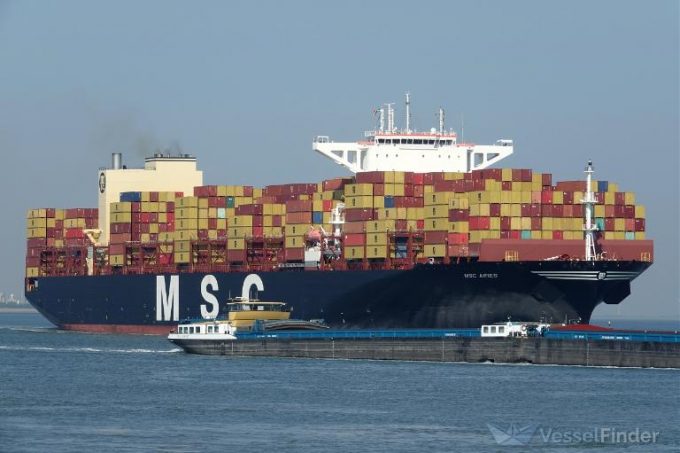More luck than judgment? Top 10 box lines enjoy elusive balance
Something of a sweet spot?

As instability rises in the Middle East, the Israel-Palestine war now threatening to encompass Iran, a parallel escalation occurred in the Red Sea over the weekend, with MV Aries seized by Iranian marines and Somali pirates netting a $5m ransom for the release of MV ...

Comment on this article